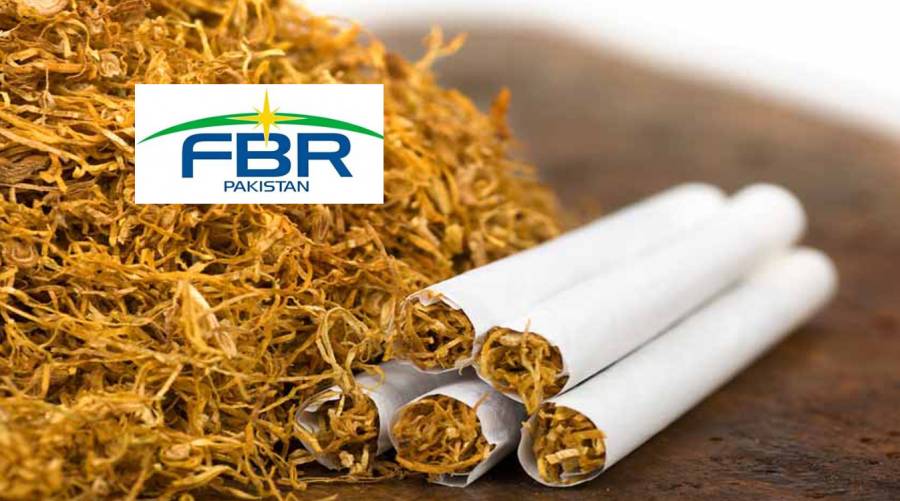SPARCS calls for 30pc hike in FED on tobacco products

ISLAMABAD: The Society for the Protection of the Rights of the Child (SPARC) has expressed serious concern over growing tobacco use among Pakistan’s population and its alarming toll on the economy and healthcare system of the country, proposing a 30pc increase in the Federal Excise Duty (FED) on tobacco products.
Advocating for urgent measures, SPARC stresses the need for prioritizing tax hikes on cigarettes over other utilities such as electricity and gas to alleviate the health and economic ramifications of tobacco use.
Malik Imran Ahmad, Country Head of the Campaign for Tobacco-Free Kids (CTFK), says that a staggering 31.9 million adults aged 15 and above are tobacco consumers, comprising nearly 19.7pc of the country’s adult population.
He added that tobacco-related ailments, including cancer, diabetes, and cardiovascular diseases, claim over 160,000 lives annually in Pakistan, exerting profound repercussions on individuals, families, communities, and the healthcare system.
To address this crisis, Malik Imran proposed an immediate 30pc increase in the Federal Excise Duty (FED) on tobacco products in 2024. This measure, he argued, could recuperate 19.8pc of the associated costs, bridging the gap between health burdens and tax revenues.
Dr. Khalil Ahmad, Program Manager at SPARC, shed light on the role of low cigarette prices in enticing children and youth to initiate smoking. He said that smoking-related illnesses and fatalities incur substantial economic burdens, amounting to 1.6pc of Pakistan's GDP annually. These costs encompass healthcare expenditures, productivity losses due to illness and premature mortality, and other indirect economic ramifications.
Dr. Ahmad stressed the need for comprehensive strategies, including robust public health interventions, stringent tobacco control policies, and awareness campaigns, to combat the tobacco epidemic effectively.
By addressing tobacco use, Pakistan could bring down economic losses associated with smoking-related ailments, potentially lessening the strain on the healthcare system and safeguarding the youth from the dangers of tobacco consumption.
Trending
Popular
Wearable sensors could revolutionize cancer radiotherapy safety
-
Severe Asthma affects 5-10% of patients ...
02:30 PM, 24 Nov, 2024 -
First blueprint of human skeletal ...
02:30 PM, 23 Nov, 2024 -
Election lollypop: Trump’s tariffs ...
08:30 PM, 21 Nov, 2024 -
University of Karachi students develop ...
12:30 PM, 21 Nov, 2024




